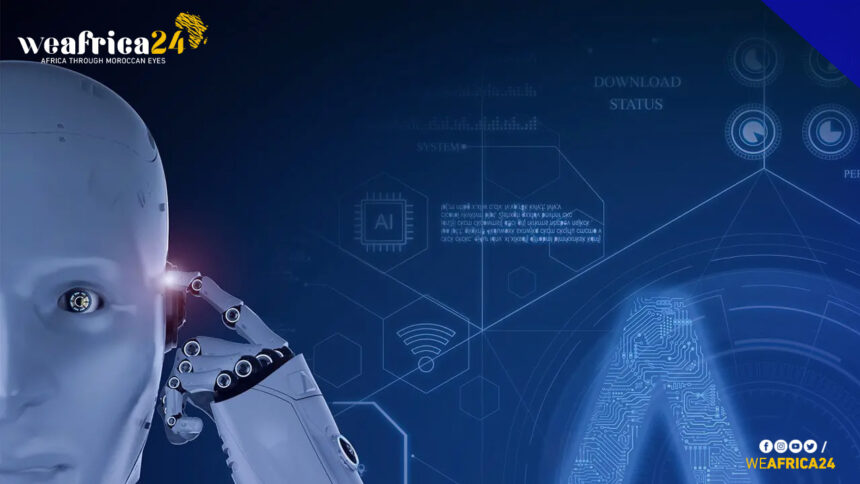In recent years, the phrase “Artificial Intelligence” (AI) has become increasingly popular as technology transforms many aspects of our lives at a rapid pace, AI has the potential to revolutionize the way we work, play, and engage with the world, from virtual assistants to self-driving cars.
What precisely is AI, and what are the social implications of its development?
At its core, AI refers to machines that are capable of performing tasks that typically require human intelligence, such as learning, problem-solving, and decision-making, This is accomplished through algorithms that can process vast amounts of data and learn from patterns, allowing them to make predictions and recommendations based on that data.
AI has a wide range of applications across various fields, including healthcare, finance, transportation, and education. AI-powered systems can help doctors diagnose diseases, traders make better investment decisions, and students learn more effectively. AI is expected to generate significant economic growth shortly, with estimates suggesting that it could contribute up to $15.7 trillion to the global economy by 2030.
Despite its potential benefits, AI also presents significant challenges and concerns. One of the key issues is the potential displacement of human workers, as machines become increasingly capable of performing tasks that were previously performed by people. This could result in significant job losses, particularly in highly automated industries such as manufacturing and transportation.
Another concern is the possibility of bias and discrimination in AI systems, which can perpetuate and even exacerbate existing societal inequalities. This is because AI algorithms are only as impartial as the data they are trained on, and if that data reflects existing biases and inequalities, the resulting AI systems can perpetuate them.
Finally, there are also concerns about the potential misuse of AI, such as the development of autonomous weapons or the use of AI for surveillance and control. These issues raise significant ethical and legal questions about the appropriate use and regulation of AI.
To maximize the benefits of AI while minimizing its risks, it is crucial to develop policies and frameworks that address these challenges. This includes investing in education and training programs to help workers adapt to a changing job market, promoting diversity and inclusion in AI development and deployment, and establishing ethical guidelines for the use of AI in various contexts.
The growth of AI is an exciting and transformative development, but it also presents significant challenges that must be addressed. By working together to develop responsible and ethical AI policies and practices, we can ensure that this technology benefits everyone and contributes to a better future for all.







